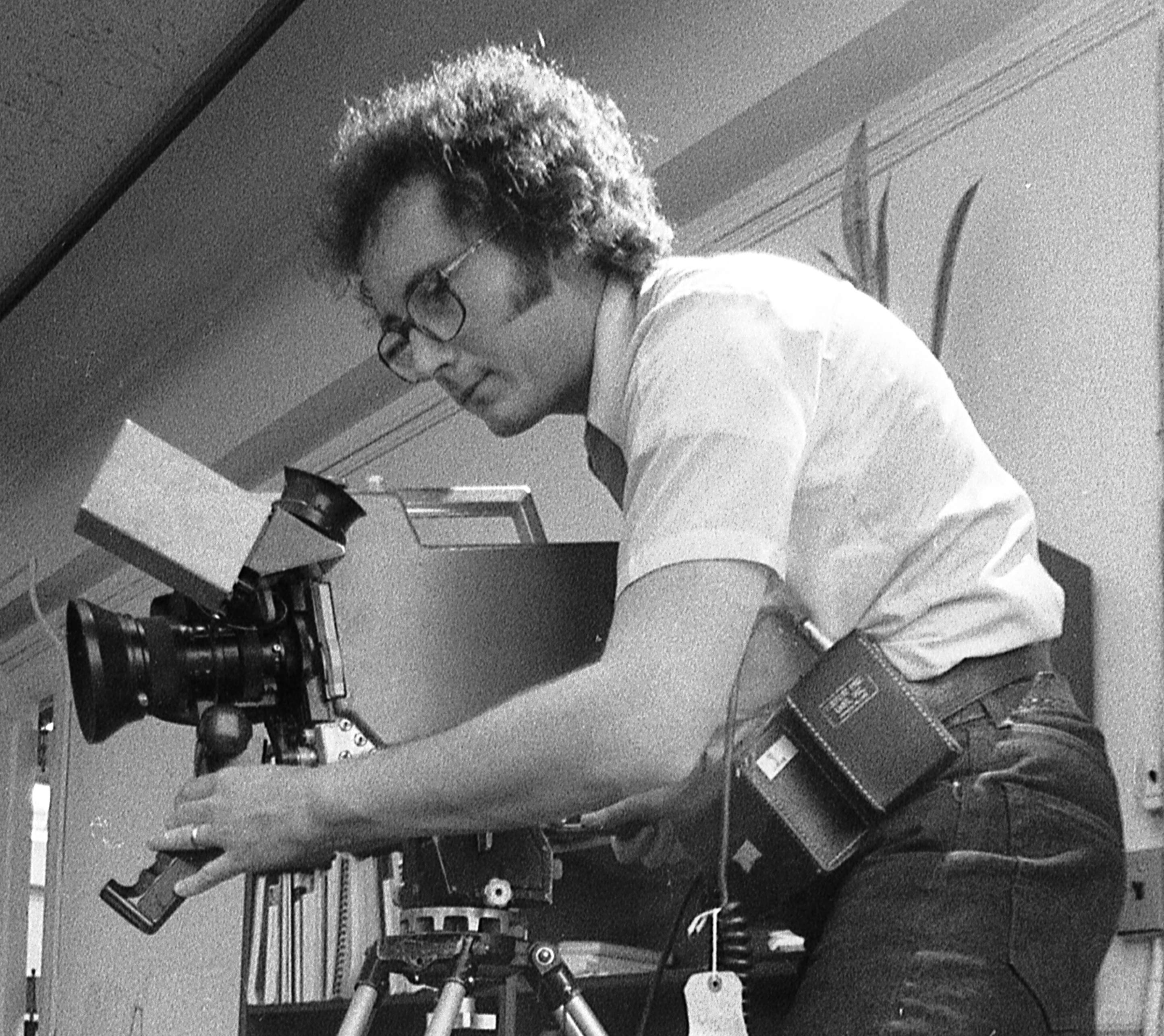Defrag efficiency
I visited a semiconductor manufacturer a short while ago — one of many visits I make every year when the manufacturers brief me on what they are up to and where they are headed.
During my visit, a lead designer, totally out of the blue, told me, “We're very big on defrag here.” For me, it was an elephant-in-the-room moment. For him it was a philosophical statement, a corporate message.
Perhaps I should have looked for it in the company mission statement posted in the lobby, but it made me think that many of us should consider the possibility of a personal defrag. I've been around the broadcasting industry now for more than 40 years, and my brain holds absolutely too much information that is irrelevant to the 21st-century industry.
Think about it: How relevant is it that I could explain the theoretical operation of a beam tetrode? Or that I could still draw the circuit of a Class AB audio amplifier using 6V6s? Heck, I can't even agree with present-day designations of the differences between clamping a video signal and DC-restoring it.
In the test and measurement industry some years ago, we tried to encourage the use of GBR instead of RGB because the G socket on any piece of equipment would also be the socket used for Y in a color-difference signal — so YPbPr would line up with GBR. Makers of real broadcast equipment went with the program, but today the thousands of self-taught video people — most coming from the digital side of things — will look at you strangely if you use GBR.
The slang name for a BNC socket used to be puka (named after the Hawaiian puka shell). But I'm quite sure that if I said to someone today, “Make sure you put that in the right puka,” I would get at least a quizzical look, if not a slap in the face.
Green is all good these days, and I don't have a problem with that. But when someone starts spouting, for example, how important power factor correction is, they really don't like to hear that we thought it important enough to use it on our VHF TV transmitters a long, long time ago.
The professional video industry's #1 source for news, trends and product and tech information. Sign up below.
I still look at a clock or watch when something happens near me. I would be an excellent time witness in a car wreck, for example. This habit derives from knowing that when something failed or there were picture and audio defects, we were expected to immediately log them. And if something lasted for more than a minute (dead air, for example), we sent a service message right back down the distribution chain.
But that was not as farcical as Class I transmissions. When either the monarch or the prime minister was on-air, we had to stand in front of our transmitters in the absurd notion that we could immediately attend to a problem.
I also don't miss the era when I possessed multiple passports (quite legally with a very understanding British government) so that countries I visited would not fuss, or refuse entry, after seeing a visa stamp from a country that they had a hissy fit argument with. Those countries included Cuba, Libya, Israel, Saudi Arabia, the Soviet Union, Taiwan and Turkey. Possessing multiple passports was also convenient insurance against those few countries who took your passport away from you in exchange for a work permit, effectively keeping you a prisoner at their whim.
Nor do I miss having a novel confiscated from me because it was on someone's arbitrary list or was considered politically incorrect by a country's government. Or having to bribe your way into a country, just because that's how it worked.
And the days when I was able to climb a 500ft mast or tower like a little monkey are long gone. I have enough trouble with the Christmas lights.
But who would ever be interested in the fact that I used to be able to jump on RF-live, medium-wave sticks in order to replace a lamp or an isocoupler? Fortunately, I don't have photos to bore you with.
So, I quite like the idea of a human defrag. It would make us all more equal — and wouldn't that be just dandy in the climate of fear that we are compelled to live in today? It would also prevent the publication of some really bad autobiographies … mine especially.
Paul McGoldrick is an industry consultant on the West Coast.
Send questions and comments to:paul.mcgoldrick@penton.com
